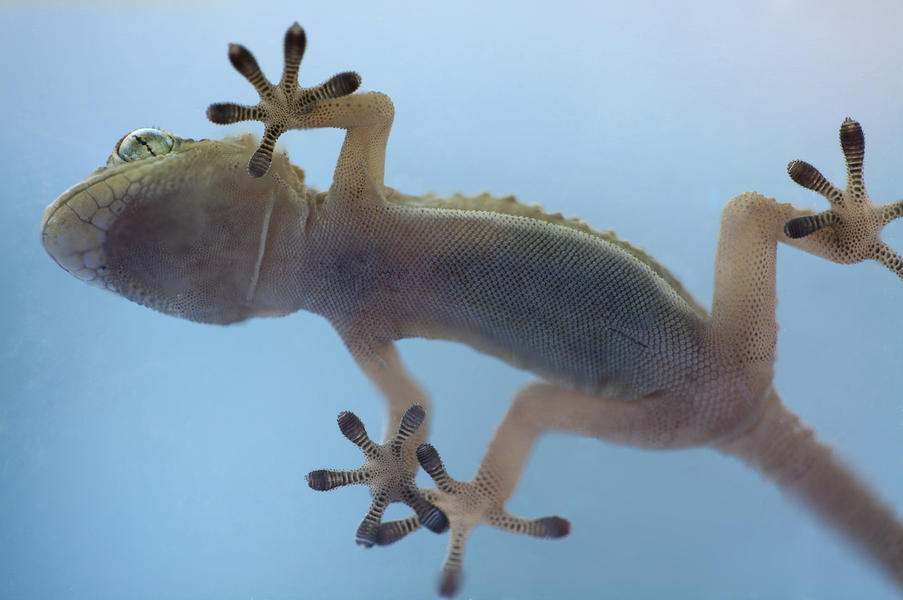Russians baffled as gecko sex satellite is lost in space


A free daily email with the biggest news stories of the day – and the best features from TheWeek.com
You are now subscribed
Your newsletter sign-up was successful
This is one experiment you don't want to go wrong: Copulating lizards are floating free somewhere in space.
Russian scientists thought it would be a good experiment to study "the effects of weightlessness on lizard mating," Al Jazeera reports. Researchers from Russia's Institute of Medico-Biological Problems sent a satellite filled with geckos into space on July 19. On Thursday, however, Russian space firm Progress reported that the scientists had lost control of the satellite.
The researchers confirmed that the satellite was "not responding to commands" after they lost control of the vessel's engine, Russia's Interfax news agency reports. Progress is currently trying to re-connect with the satellite, which is set to autopilot.
The Week
Escape your echo chamber. Get the facts behind the news, plus analysis from multiple perspectives.

Sign up for The Week's Free Newsletters
From our morning news briefing to a weekly Good News Newsletter, get the best of The Week delivered directly to your inbox.
From our morning news briefing to a weekly Good News Newsletter, get the best of The Week delivered directly to your inbox.
However, it's not all bad news — the scientists can still watch videos of the mating geckos to observe their zero-gravity mating. But according to Al Jazeera, "there was no immediate word from the scientists behind the experiment on Thursday as to whether the geckos had successfully copulated."
A free daily email with the biggest news stories of the day – and the best features from TheWeek.com
Meghan DeMaria is a staff writer at TheWeek.com. She has previously worked for USA Today and Marie Claire.
